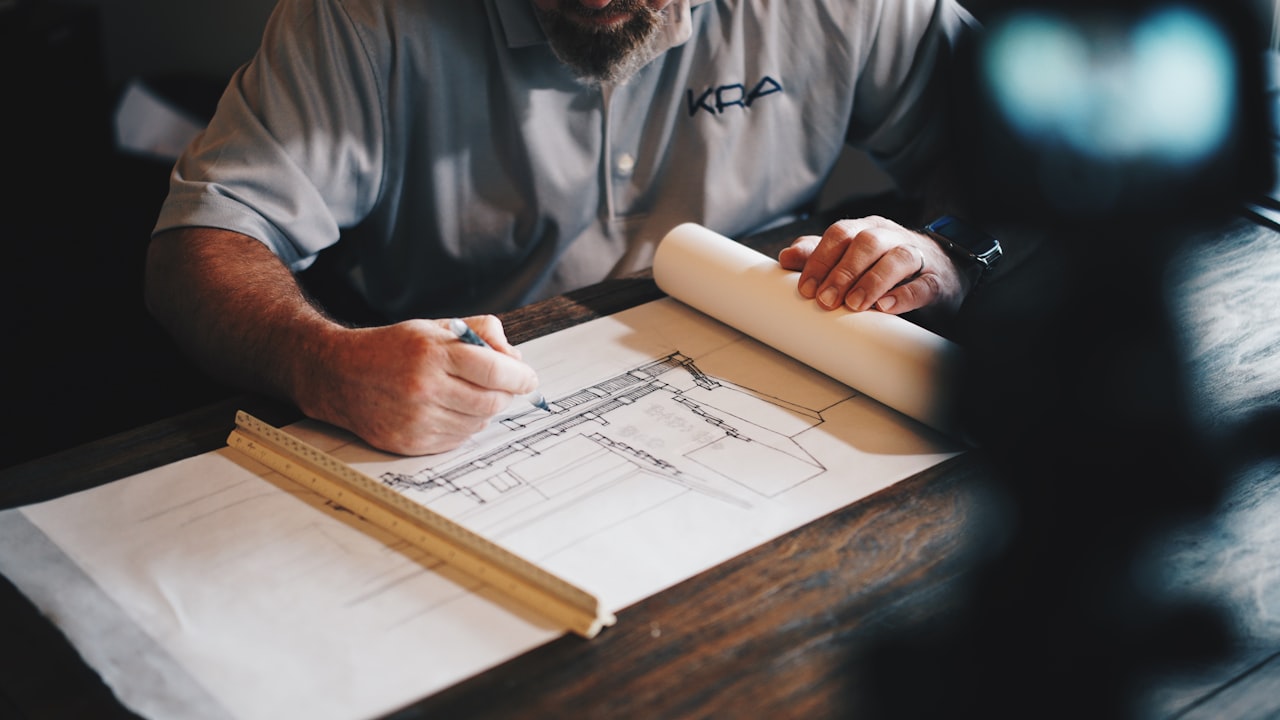Home projects can be time consuming and stressful, but with the right information and planning, the journey can be stress-free.
1. Hiring a contractor: When starting a residential project, it is important to hire a reputable and experienced contractor. Research contractors in your area and ask for references from previous clients. Make sure to get detailed estimates and contracts in writing to protect yourself and ensure that the project stays on track, including time and money.
2. Communicating with your contractor: Good communication is key to a successful residential project. Make sure to discuss your vision and any specific needs or preferences with your contractor. Keep an open line of communication throughout the project to address any issues or changes that may come up. Make sure to document changes & agreements via e-mail, if needed.
3. Managing the budget: It is important to set a budget for your residential project and stick to it as closely as possible. Keep in mind that unexpected issues or changes may come up during the project, which can affect the budget. Make sure to discuss any budget changes with your contractor and come up with a plan to stay within your budget.
4. Planning and preparing for the project: Before starting the project, make sure to create a detailed plan and timeline. This will help keep the project on track and ensure that everything is completed on schedule. It is also important to prepare your home for the project, such as by moving furniture and protecting floors and surfaces.
5. Ensuring quality work: It is important to ensure that the work being done on your residential project meets high standards of quality. Make sure to communicate any concerns or issues with your contractor and request that they be addressed. It is also a good idea to regularly inspect the work being done to ensure that it meets your expectations.
There are several potential liability issues that can arise when working with contractors on residential projects. Here are a few examples:
1. Negligence: If the contractor fails to use reasonable care in performing the work, they may be liable for any injuries or damages that result. For example, if a contractor fails to follow proper safety procedures and someone is injured as a result, the contractor could be held liable.
2. Breach of contract: If the contractor fails to perform the work as agreed upon in the contract, they may be liable for breach of contract. This could include failure to complete the work on time or failure to follow the specifications outlined in the contract.
3. Defective work: If the work performed by the contractor is defective and causes damage to your home or property, the contractor may be liable.
To protect yourself from potential liability issues, it is important to thoroughly research contractors before hiring them and to get detailed contracts in writing. It is also a good idea to regularly inspect the work being done to ensure that it meets your expectations and to address any concerns or issues with the contractor as they arise.
There are several websites available in the United States where you can hire contractors for residential projects. Some options include:
1. HomeAdvisor: This website connects homeowners with contractors in their area. You can search for contractors by type of work, location, and ratings and reviews from previous clients.
2. Thumbtack: This website allows you to browse profiles and ratings for local contractors and request quotes for specific projects.
3. Angie's List: This website offers ratings and reviews of local contractors, as well as special deals and discounts.
4. Yelp: This website includes ratings and reviews of contractors, as well as information on their services and prices.
5. Facebook pages & groups are another great resource for finding local contractors.
It is a good idea to research and compare multiple contractors before making a decision. Make sure to ask for references and get detailed estimates and contracts in writing to protect yourself and ensure a successful project.




